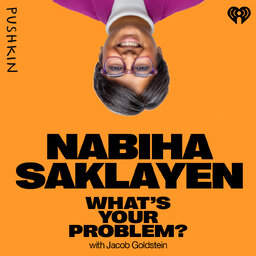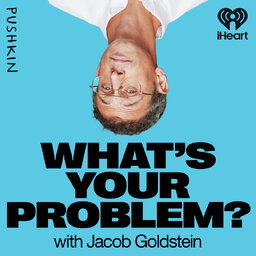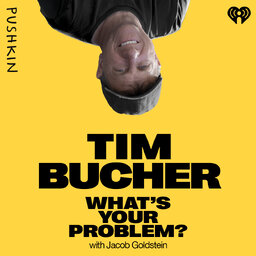Building an Empire on Free Code
Matt Mullenweg co-created WordPress, the open-source software that powers more than 40% of all the websites in the world.
He's also the founder of a for-profit company called Automattic.
Matt's problem is this: How do you build a multibillion-dollar company on top of software that your competitors can use for free?
If you’d like to keep up with the most recent news from this and other Pushkin podcasts be sure to subscribe to our email list.
In 1 playlist(s)
What's Your Problem?
Every week on What’s Your Problem, entrepreneurs and engineers talk about the future they’re trying …Social links
Follow podcast
Recent clips

Mass-Producing Stem Cells to Cure Disease
34:22

From Kill Switch: The Glassholes Are Back
39:39

Building a Self-Driving Tractor to Change the Future of Food
43:21
 What's Your Problem?
What's Your Problem?